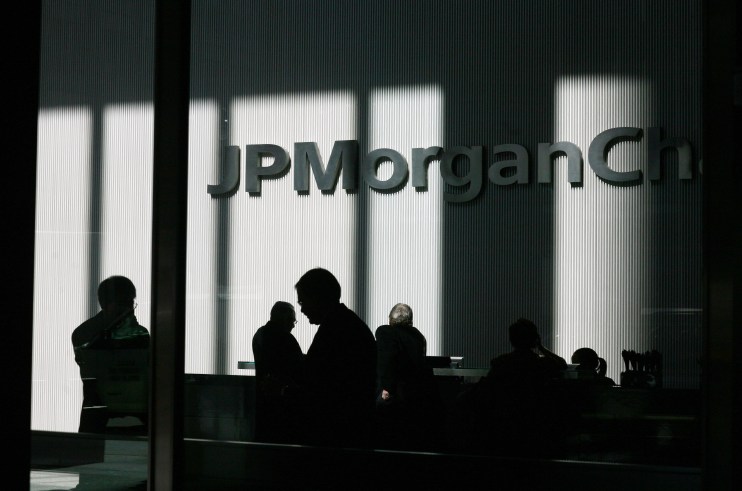US charges JP Morgan precious metals traders with market manipulation and ‘racketeering’

JP Morgan’s global head of precious metals trading has been charged in the US with running an eight-year “racketeering conspiracy” to manipulate markets.
Michael Nowak, 45, who ran the bank’s global precious metals trading desk, faces charges of a “massive, multiyear scheme to manipulate the market for precious metals futures contracts and defraud market participants,” according to assistant attorney general Brian Benczkowski.
Read more: JP Morgan starts European audit review
Nowak and two others allegedly “engaged in a complex scheme to trade precious metals in a way that negatively affected the natural balance of supply-and-demand” while working at the bank.
Nowak had been at the bank since 1996. The other traders named were Gregg Smith, 55, and Christopher Jordan, 47. Jordan left the bank in 2009.
The US Department of Justice (DoJ) alleged that the defendants engaged in widespread spoofing, market manipulation and fraud while working on the precious metals desk.
They did this by placing orders they intended to cancel before they went through, known as deceptive orders, it said.
This was a bid to create liquidity and make prices better for orders they actually wanted to make on the opposite side of the market, the DoJ added.
Read more: JP Morgan plans to cut hundreds of asset and wealth management jobs
The bank declined to comment. JP Morgan is one of two banks in the world that exerts vast influence over global flows of gold and silver trading, along with HSBC.
Benczkowski said: “These charges should leave no doubt that the department is committed to prosecuting those who undermine the investing public’s trust in the integrity of our commodities markets.”
Bambos Tsiattalou, founding Partner at specialist criminal and civil litigation firm Stokoe Partnership Solicitors, said: “Whilst the DoJ’s indictment makes for interesting reading, market manipulation cases are notoriously difficult to prosecute, often resulting in issues for prosecuting authorities.”